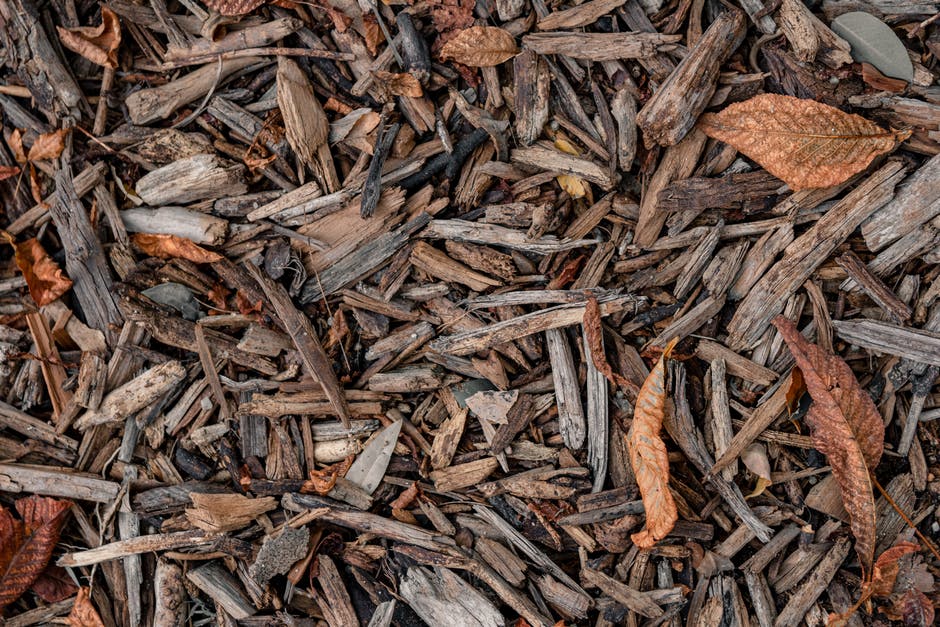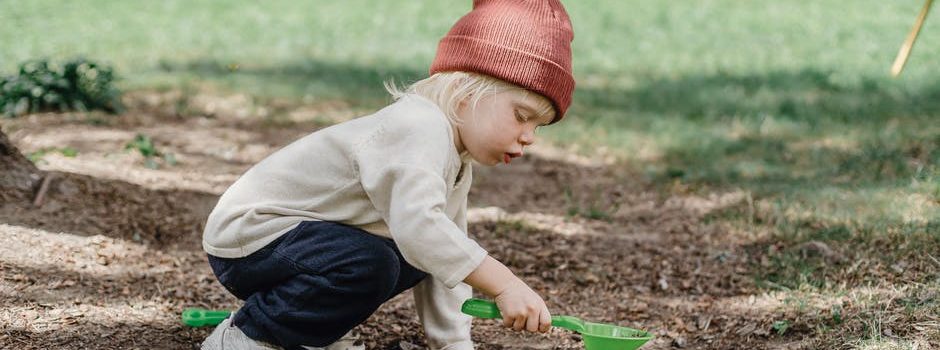
Whether they’ve read about them in articles or seen them on grocery store shelves, most people are somewhat familiar with organic products. It’s easy to tell which items are certified organic by the USDA. These have different packages and cost a bit more. Keep reading for a variety of tips and tricks for maintaining an organic garden.
Aspirin water will strengthen your plants against diseases. To add the aspirin to the plant, dissolve about one tablet and a half into approximately two gallons of fresh water. All you have to do is spray the plants with this solution and you should see good results. Use this solution once in every three-week period.
Tools Close
To be more efficient when working in your organic garden, have your tools close at hand. Put them into a basket you carry with you, or use an apron with many pockets and hanging loops. A gardener’s tool belt will allow you to keep your gardening gloves and other tools close by while you are working in your garden.
Sprouting seeds need less warmth than before. You can begin to move them further from the heat source as they become seedlings. You should also remove plastic films that you had on your containers to keep the humidity and warmth out. Unless you closely monitor your seedlings, you may not move them in time.
You need to make sure you are very efficient when working in your organic garden. Do not waste your time looking for tools. By keeping your tools in a certain area, they will always be ready whenever you are. You may also wish to invest in a tool belt to keep all of your tools within reach while gardening.
Tuck away some plastic grocery bags and use them to slip over your muddy boots. Having these available lets you keep your flow in movement, and helps you return to your gardening fast so you can finish up your day.
When it’s harvest time, you should utilize a basket that you put laundry in to carry your veggies. The basket strains the produce as well as stores it while you are going through your garden. The produce can be rinsed off as it sits in the laundry basket, and extra water will drain out through the sides.
A good general rule when planting your seeds into containers is that the depth of the planting should be about three times the size of the seed. There are exceptions to this rule, however. Some seeds should remain uncovered because they thrive in direct sunlight. Examples of these are petunias and ageratum. If you are unsure if your seeds should be covered, refer to the seed packet, or if that is not available, look for information online.
When maintaining your organic garden, try lightly petting your seedlings — either with the palm of your hand or something like a sheet of cardboard — once or twice each day. While it might sound strange, research has shown that this method can increase the size of your plants.
Growing your garden at home might not be the most convenient thing for you, but you will save a lot of money and always have the confidence that what you’re eating and feeding your family is as fresh and as healthy as possible. Use the tips you’ve learned here and get started on your garden today.
